What is K-Pop?
Korean Pop Music, K-Pop for short, spans a record-breaking history. Typically, groups consist of several members, each with a unique talent: singing, rapping, mind-bogglingly, intense choreography, and attractive looks. Within recent years, K-pop has expanded its genres to R&B, EDM, and Rock. Emerging in the ’90s and as small hip-hop/rap groups, K-Pop remained exclusive to South Korea origin. Even in the 2000s, as more groups formed, such as Epik High and BIGBANG, Korean music expanded throughout East Asia, though it hadn’t reached more significant parts of the world, mainly the U.S.
Many sites claim entrepreneur Lee Soo-Man created the foundation of K-Pop as we know it today with his group, Seo Taiji and Boys. However, I believe there isn’t a sole founder of K-pop, but rather a culmination of ideas from music producers that formed the genre over time.
It was in the early 2010s that the most successful Korean music groups would become the most successful and deemed the epitome of K-Pop, most notably EXO and BTS. These two male groups, debuting a year behind each other, are most renowned for establishing the foundation of K-Pop, maintaining its existence today. EXO and BTS were each other’s competition in their early years until BTS proved themselves more successful by achieving notable awards consecutively, such as Artist of the Year and Song of the Year. After all, BTS is who we still hear about today.
Fast forward to 2023, and tons of K-pop groups are known to many today, such as, BTS, BLACKPINK, TXT, TWICE, Stray Kids, Itzy, Seventeen, Fifty Fifty, and Enhyphen. However, there are over 250 K-Pop groups today, some famous and some not so much. A non-K-Pop listener may not understand the allure of the genre, but to a fan, our favorite groups are everything to us! From their catchy and upbeat songs to the cheeky, flirty looks of the members, we K-Pop fans instantly fall for them and become addicted! As a BTS fan for two and a half years, I’ve had my fair share of swooning moments!
Subsequently, for many fans, including myself, Korean music differs from American music because it offers and appeals more to us. Additionally, it’s an escape from the real world. Each group provides an experience unlike none other that is exclusive to their fan base, creating an intimate atmosphere between the fans and the members. Whether a group goes live on Weverse (a streaming platform), goes on tour, or releases behind-the-scenes footage, fans are offered constant content from their favorite groups, though at the group’s expense.
The Dark Side
Now, K-Pop isn’t all sunshine and rainbows. Members of many groups undergrow grueling challenges such as racism, xenophobia, cyberbullying, and extreme beauty standards. The worst part? It all starts during the most troubling time of one’s life: the teenage years. Most groups are formed years before their debut during an idol or rising singer’s trainee years–where future members train for two to three years to become the “perfect” K-Pop artist. They are pushed to their absolute limit in all areas: dancing, singing, rapping, living in cramped conditions, and attending school. Too much pressure can lead to depression and other mental health issues, negatively affecting members’ lives.
Once a group debuts, they are faced with extreme backlash from foreigners, mainly in the U.S. From personal experience, I’ve heard several complaints about K-Pop such as, “I can’t understand what they’re saying,” “Not my type,” “Why do they look like that?” or “Oh no, they’re Asian.” These comments come from a lack of understanding and knowledge about the genre. As a dedicated fan, these comments enrage me, as there should be better knowledge about non-American music, such as K-pop, for people around the U.S.
Furthermore, some American award shows deny K-pop groups their rightful award, which I believe is based on race. Since 2021, BTS has been nominated for five Grammys yet has yet to win. In the Grammy’s 66-year history, only two Koreans have received a Grammy. Could it be a coincidence or preference? I vote for the latter.
The Reason for Our Passion
To fully understand one’s captivation about Korean pop music is challenging to articulate, especially for a non-K-Pop listener. Only the fans can truly understand the reason and point for our passion. It’s bigger than some cute boys sexy dancing on stage; it’s a culture. A united fanbase that love and cherish the same people with all their hearts. It’s bigger than watching people you don’t know sing about frivolous topics; it’s understanding who the members are at their core as people.
When we see our favorite idols saying hello, waving goodbye, or saying I love you with the biggest grin on their faces, us fans feel as if nothing else in the world mattered. Their sincerity, kindness, humbleness, and unwavering ability to constantly thank the fans, sets them apart from other artists.
As a BTS fan, I can say that they are advocates for self-love and mental health and vocalized their struggles with the tribulations of youth, young love, and heartbreak, as conveyed in their songs “No More Dream,” “Fake Love,” “Life Goes On,” “Dis-ease,” and “Answer: Love Myself.” Alternately, K-pop groups enjoy songs that don’t dive into deep topics. For BTS, they’re known for their high-scale, jaw-dropping performances that make one wonder, how in the world is that possible? For example, in their tracks, “ON,” “IDOL,” “MIC Drop (Steve Aoki Remix),” “Run BTS”, and many more!
In summary, K-Pop is broader and bigger than it appears, than one may think. It’s the most unique concept, genre, and culture the world has ever seen. I believe K-pop will have a long-lasting impact in the future as more and more groups receive international recognition.
K-Pop is a community, a culture, a lifestyle, and a motivation to strive to achieve. And most importantly, it’s a passion, and most certainly mine. And you never know what it could do for you! After all, I believe there is a K-Pop song and group for everyone; all you must do is open your mind to the possibility!
K-Pop Terminology
Idol
Another name for a Korean artist.
Fanbase
Name for a community of fans who like the same thing. Different groups have distinct names for their fans. (Ex: ARMY for BTS, ONCE for TWICE, CARATS for SEVENTEEN)
Fanchant
A chant, consisting of the members’ names (typically their real names, not their stage names) in a specific, characterized order. This occurs during a concert or live performance.
Bias & Bias Wrecker
Your favorite member of a K-pop group. Bias Wrecker is your second favorite member who tries to become your bias.
Debut
The date a K-pop group releases their first song and album, officially entering the music industry.
Comeback
When a group releases a song or album after a long period of inactivity.
Maknae & Golden Maknae (Mahk-Nae)
The youngest member of a group. Golden Maknae is the youngest member who has “picture-perfect” qualities. (Ex: Jungkook is BTS’ “golden maknae”)
Hyung (Hi-Young)
The oldest member of a group.
Aegyo (A-Gee-Yo)
A quality of acting cute or adorable. It is very common for K-pop idols to appeal to their fans.
Trainee
An idol’s first few years with their group before their debut, where they train and practice to become ready for their debut.
Weverse
A social media platform where fans and idols can interact with each other via messages, posts, and live streams.
Variety Shows
Most groups have their reality series that’s separate from their music. The point is to take a break from musical activities. (Ex: BTS’ Variety Shows are RUN BTS, In the Soop, etc.)
Oppa (Oh-Pa)
“Dad” or “Daddy” in Korean. It is used to call an idol attractive or sexy, just like the American word “Daddy.”


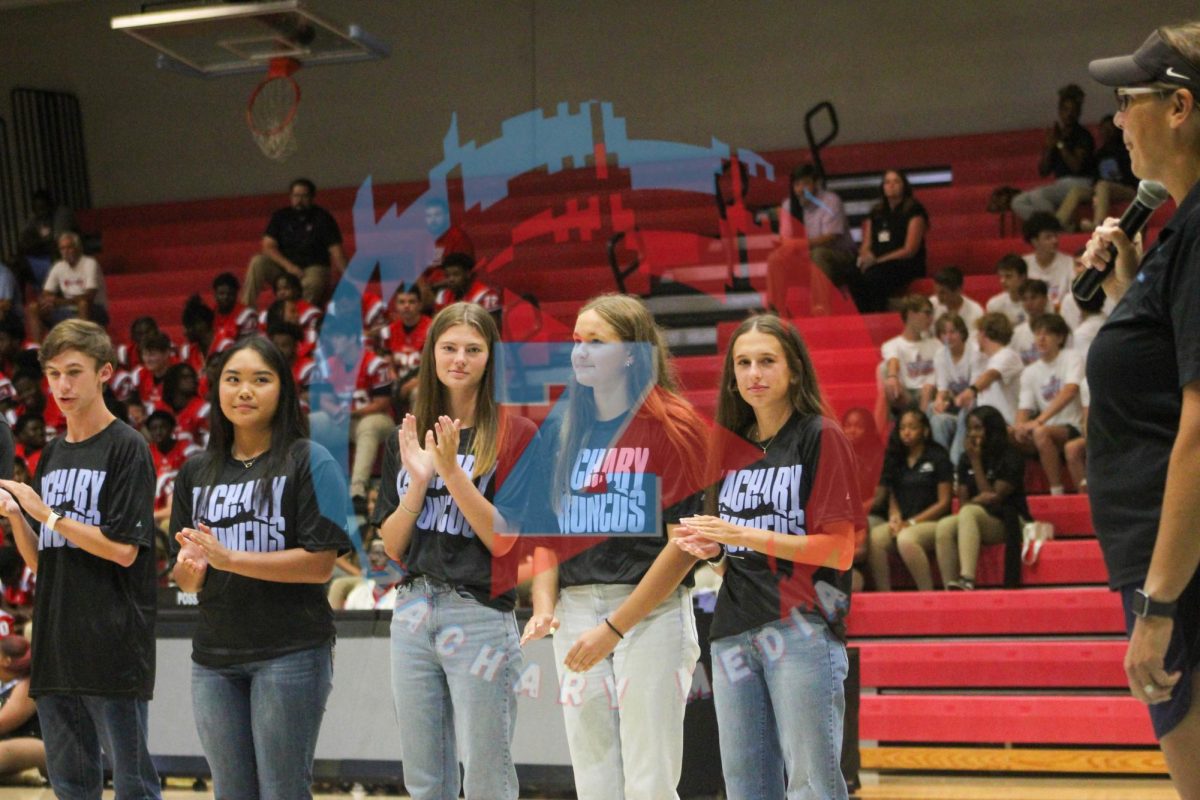
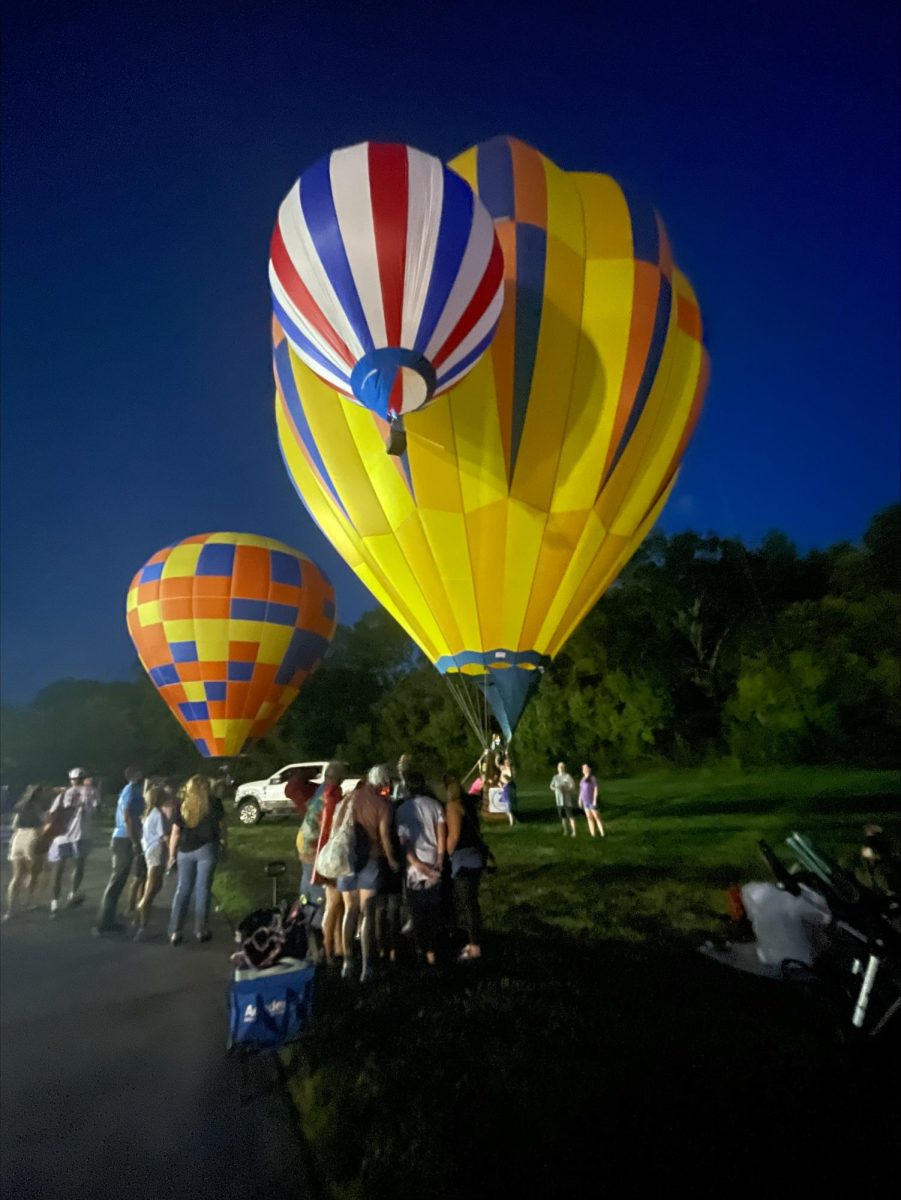


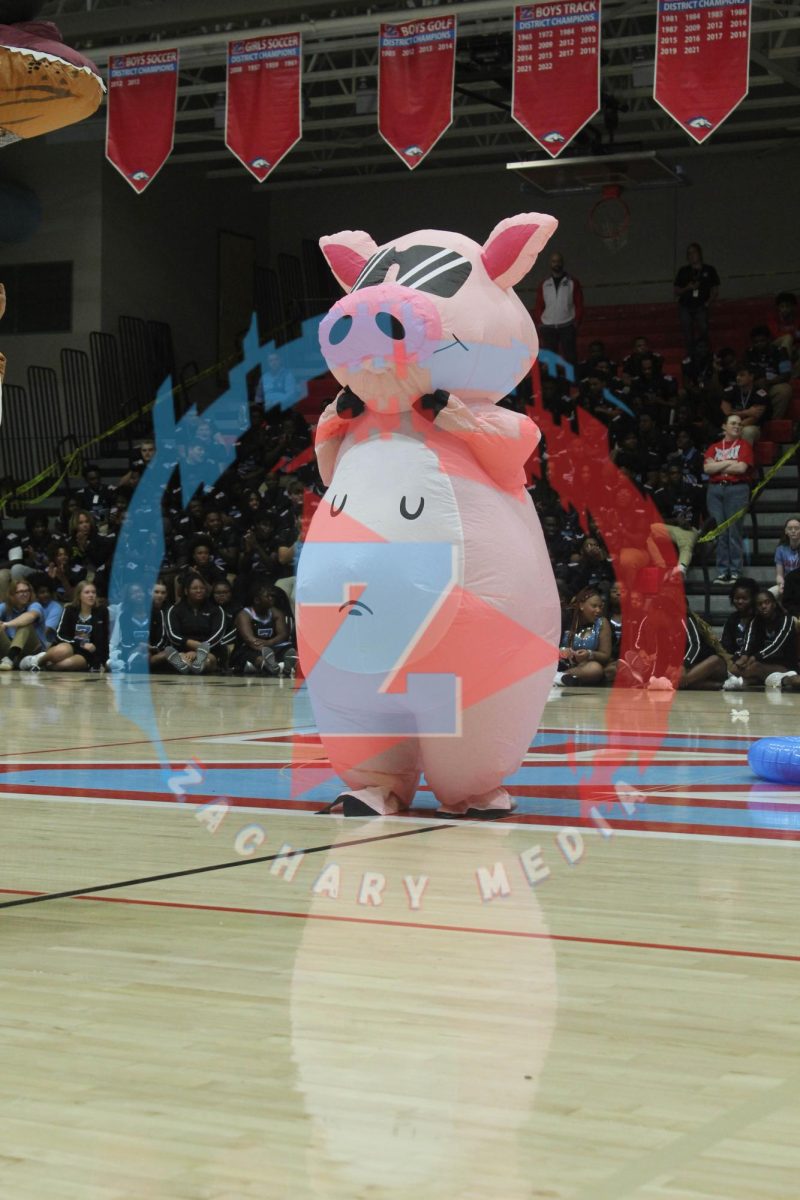


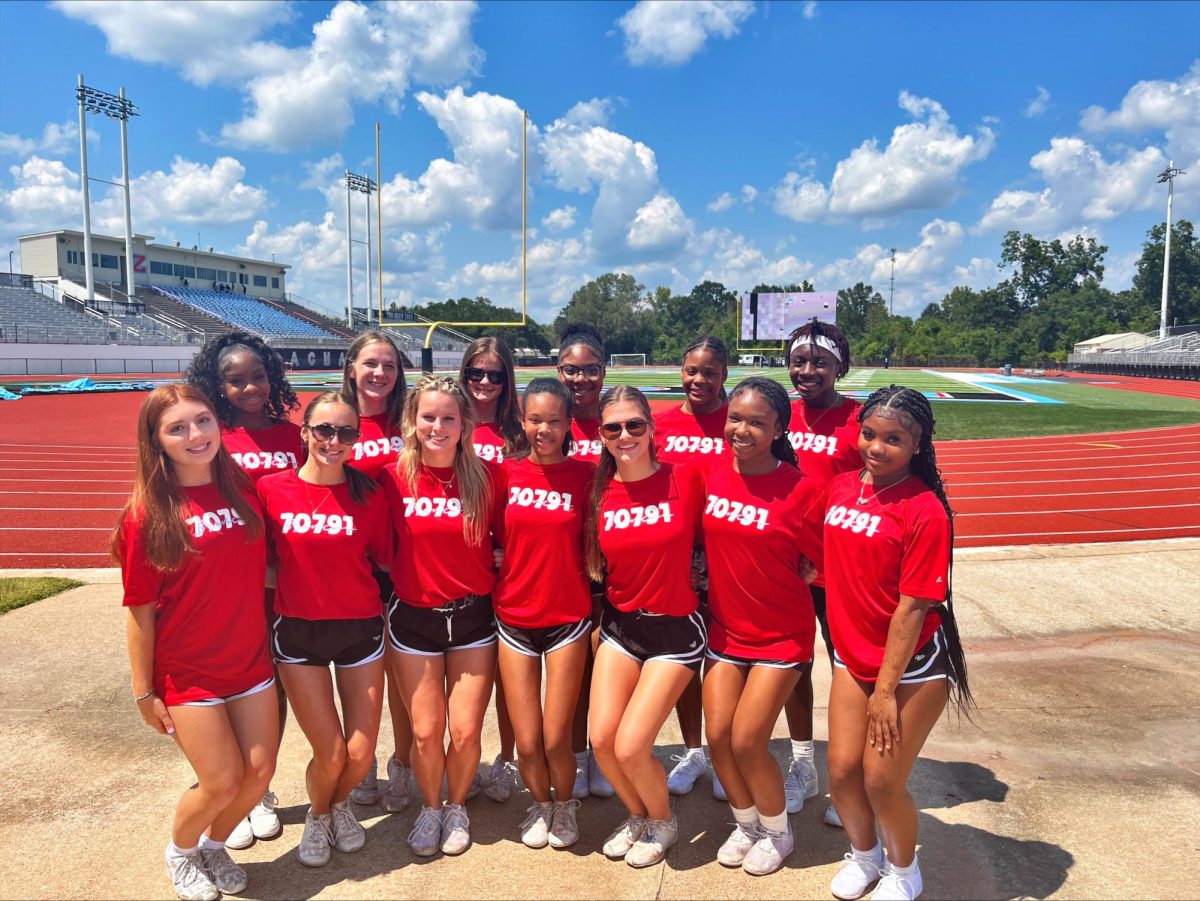



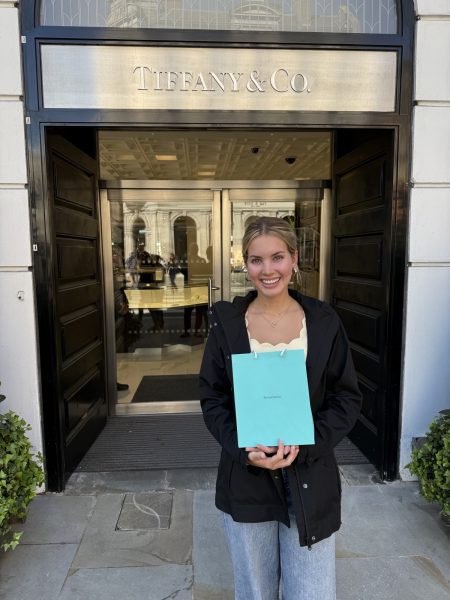

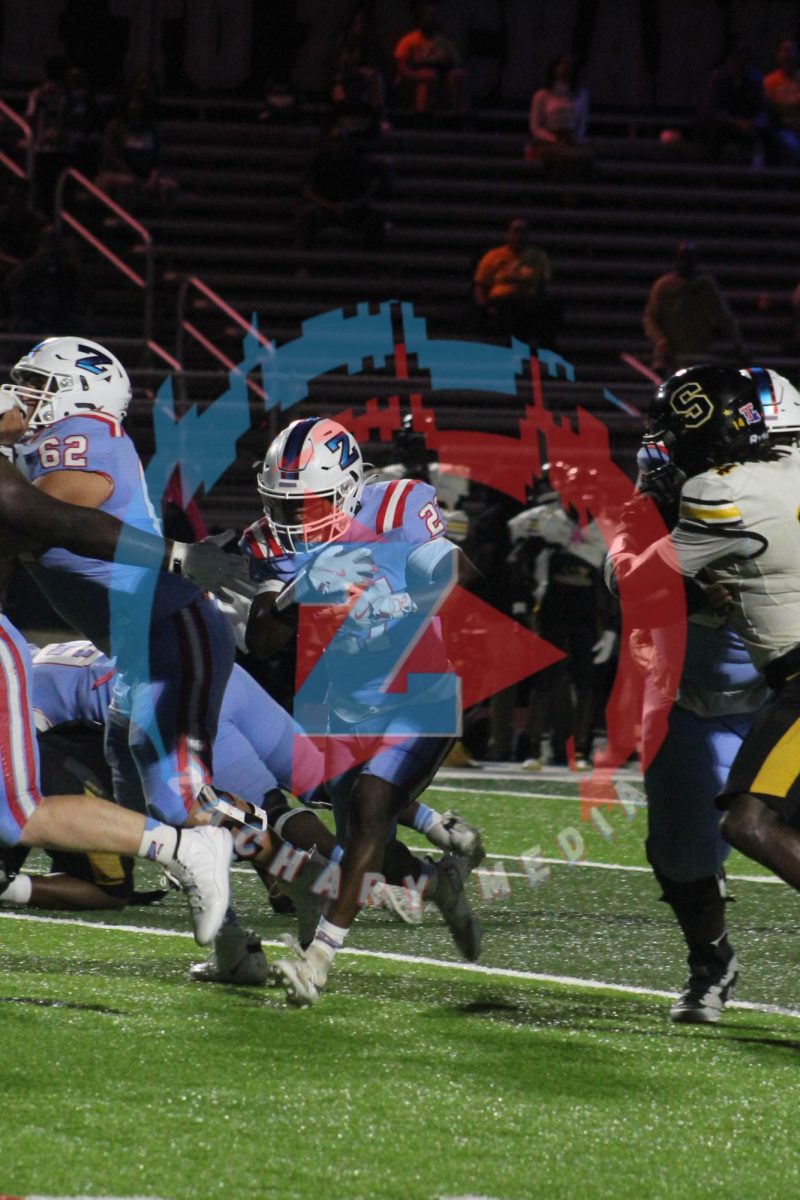
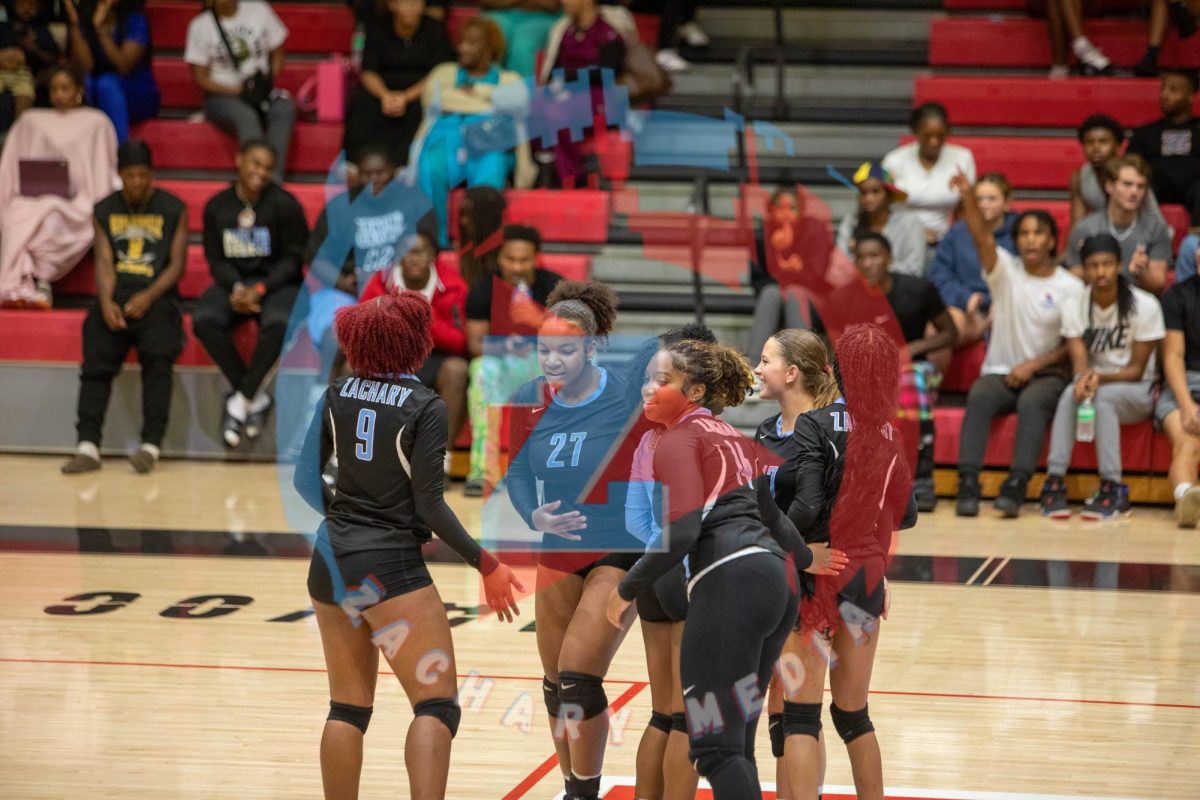
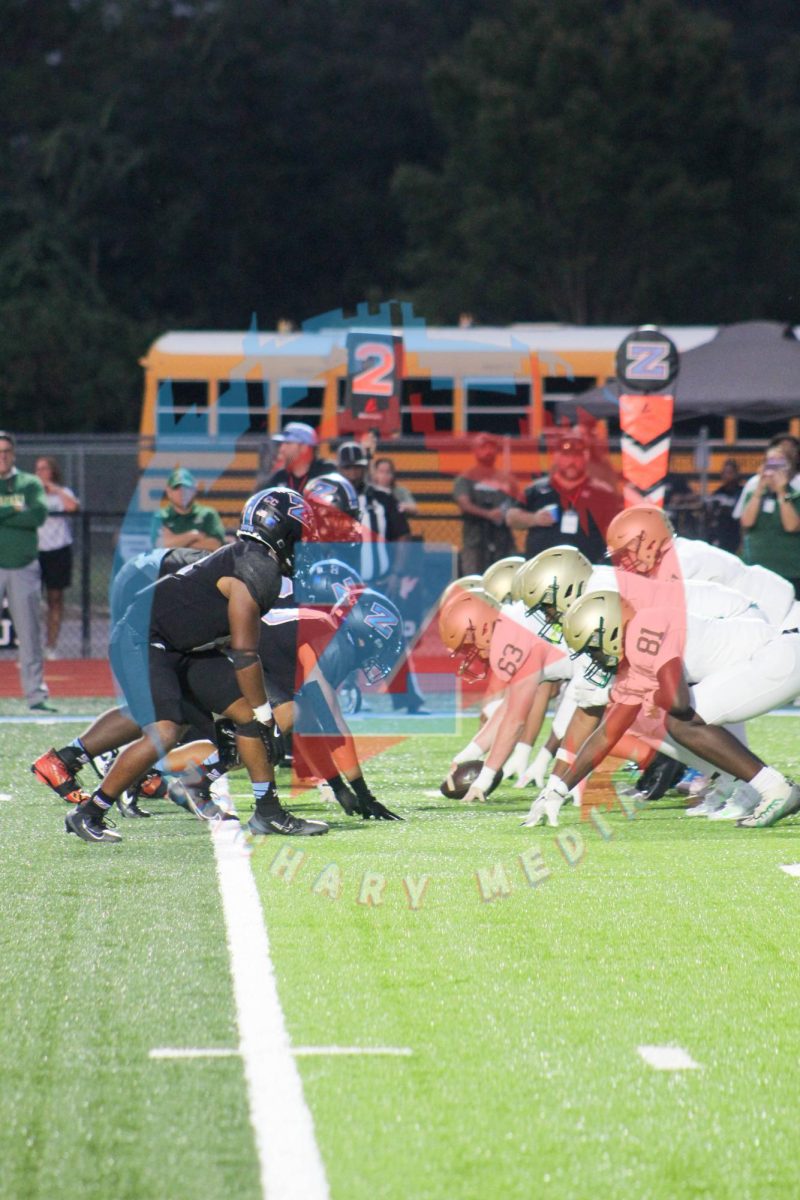
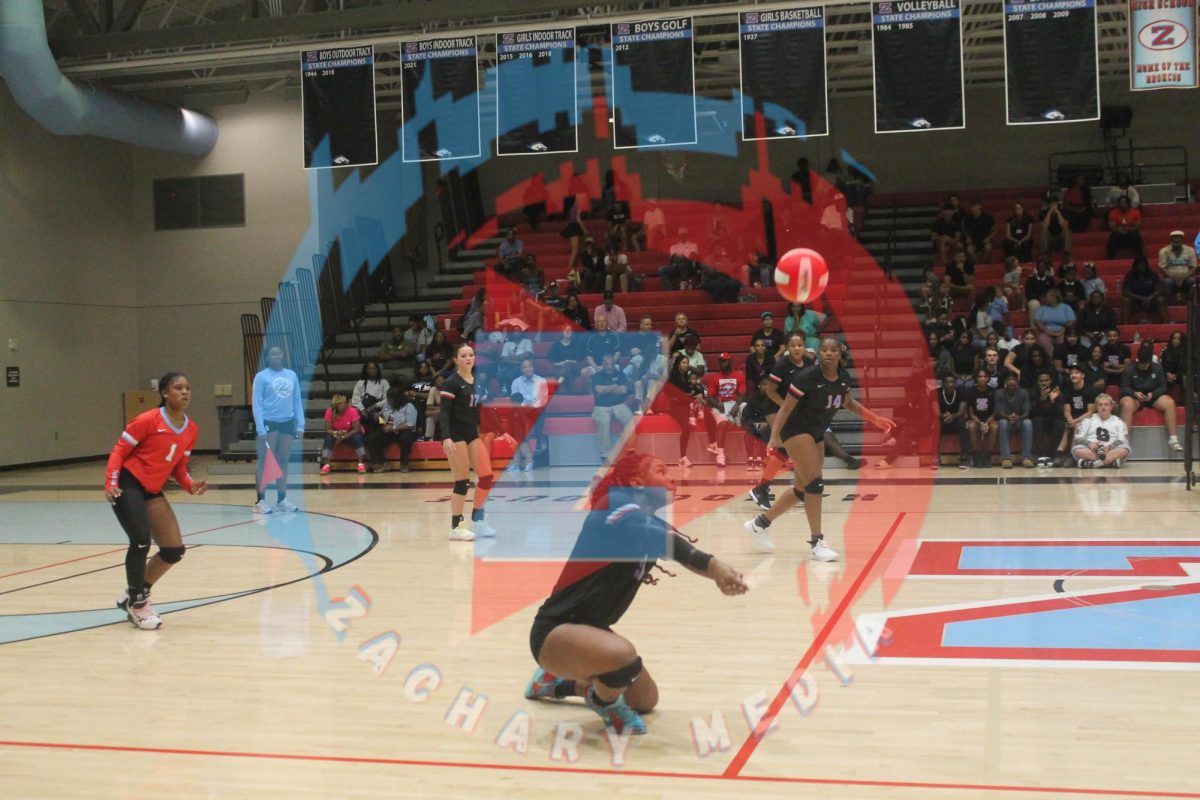
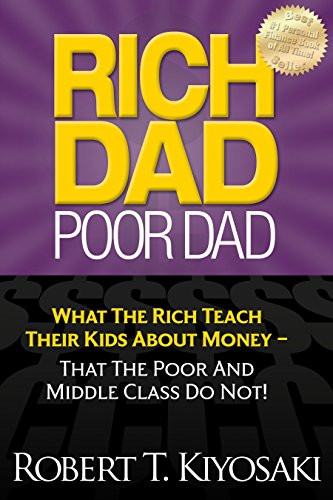

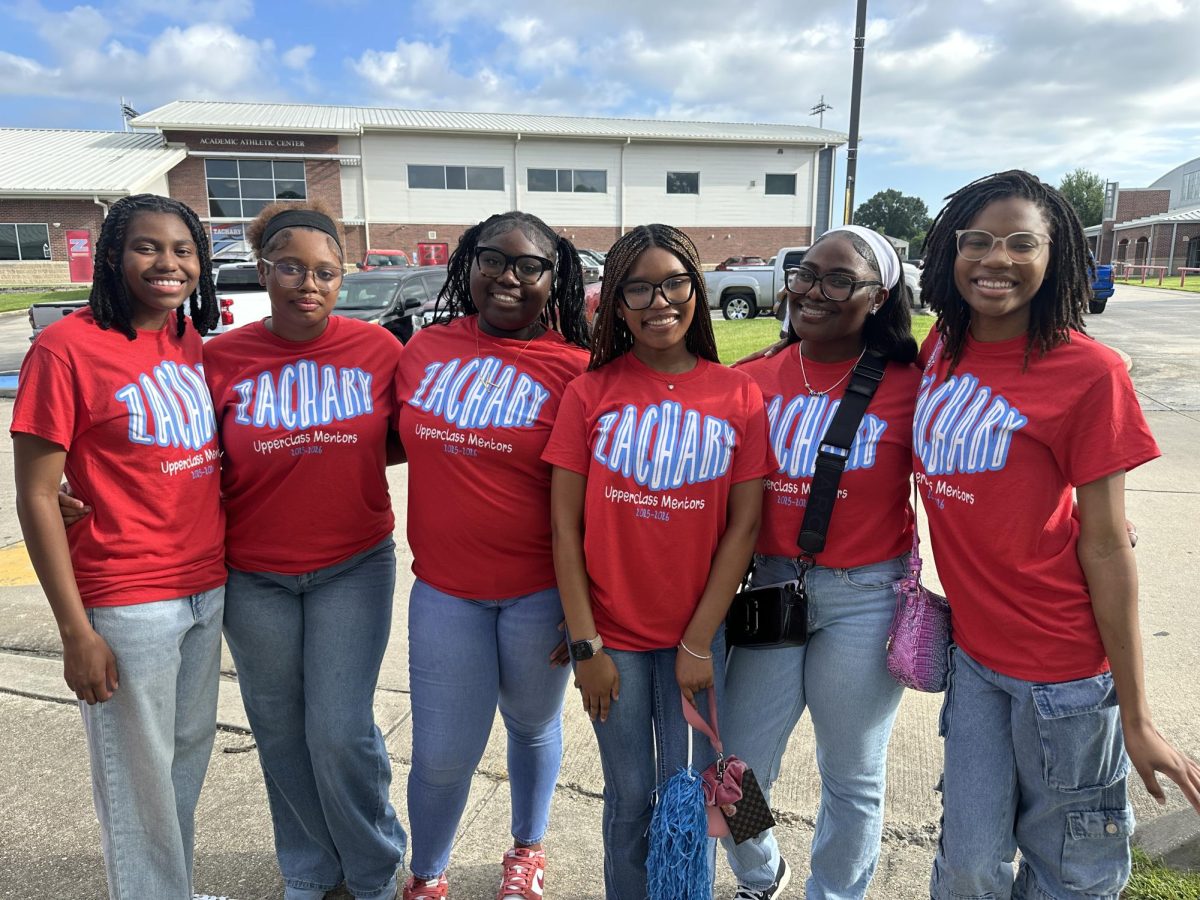


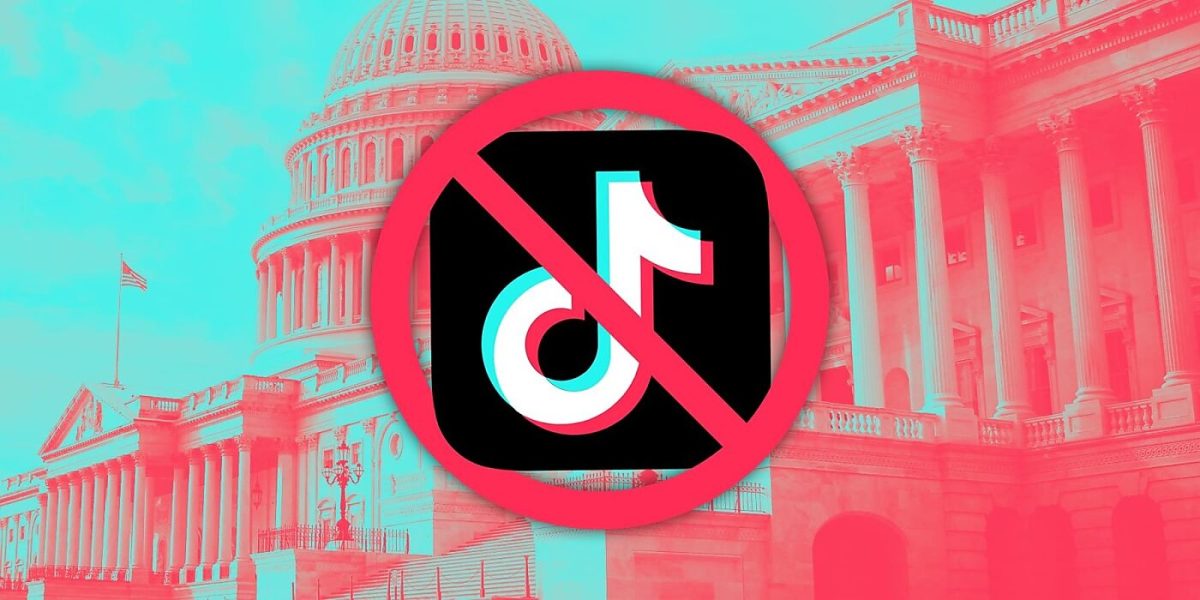
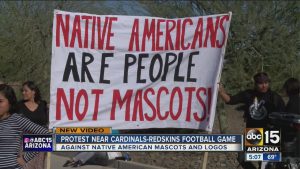
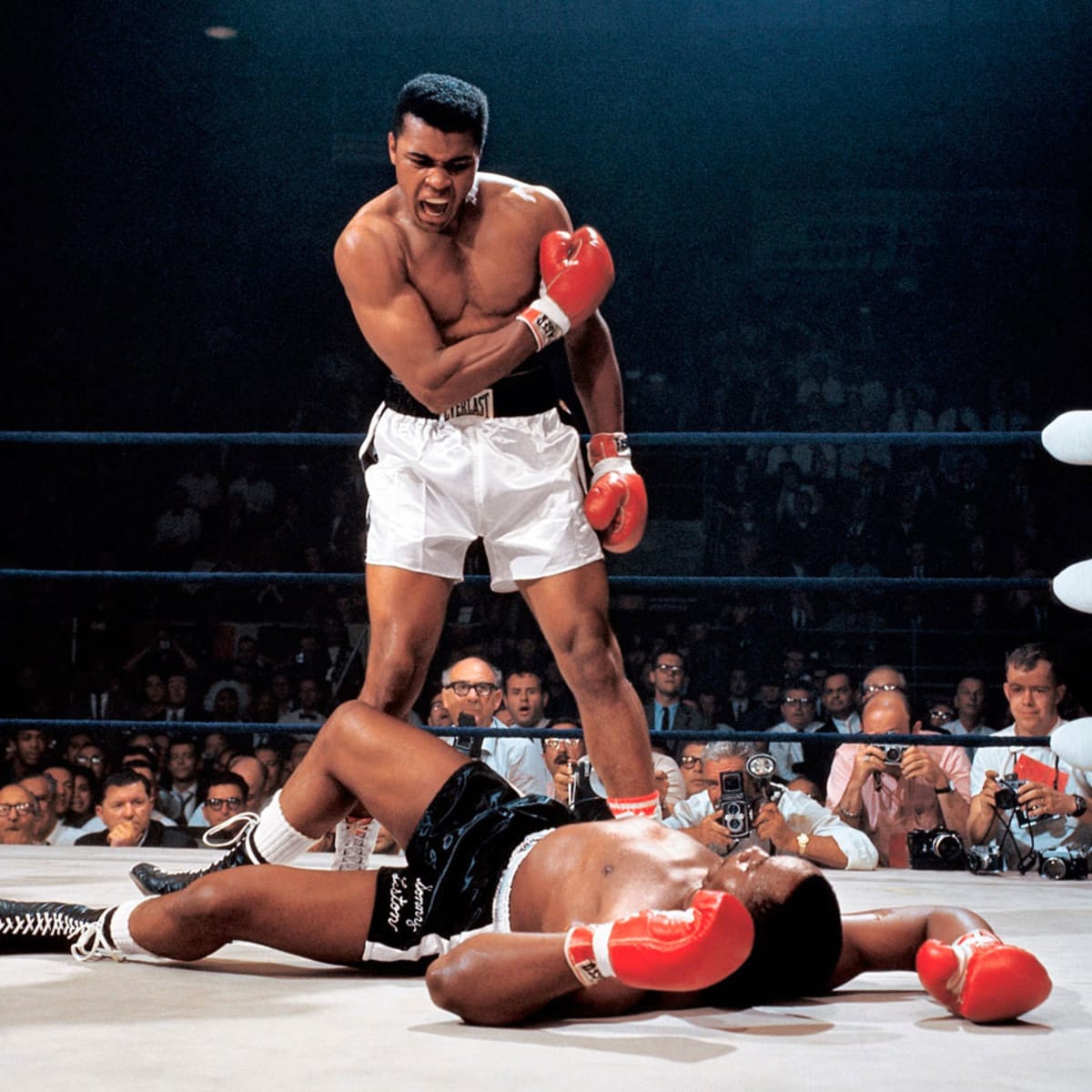
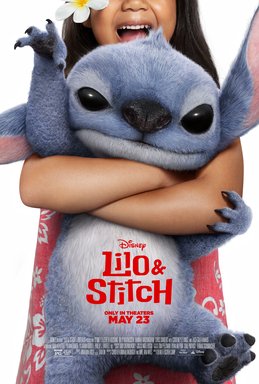

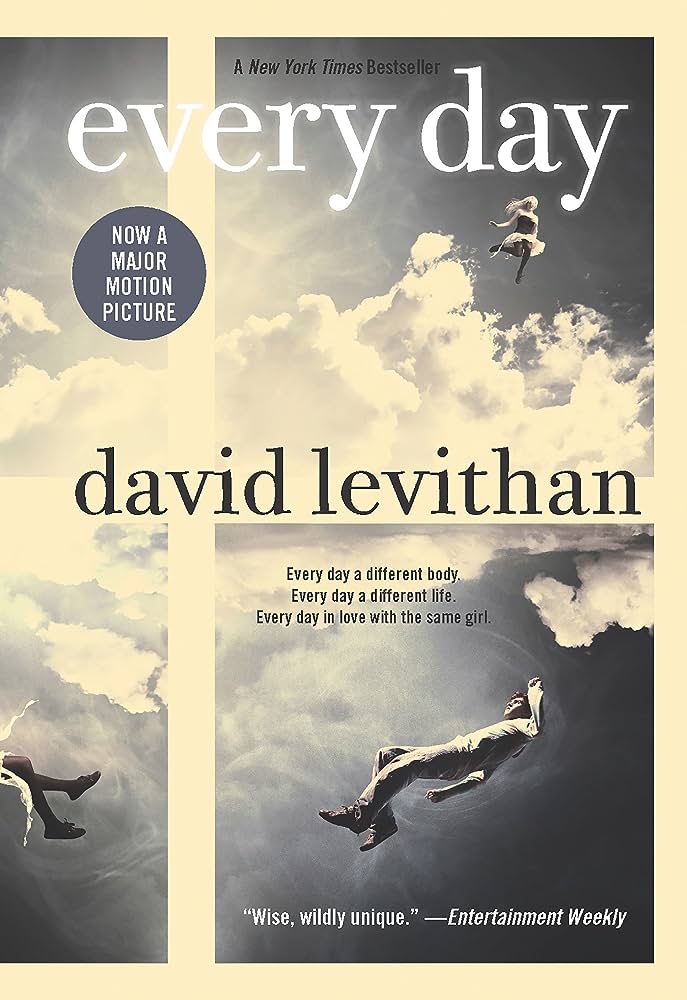






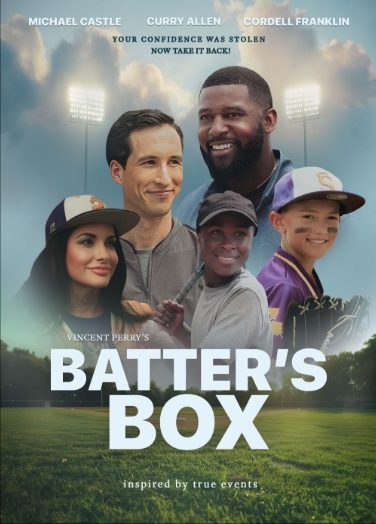
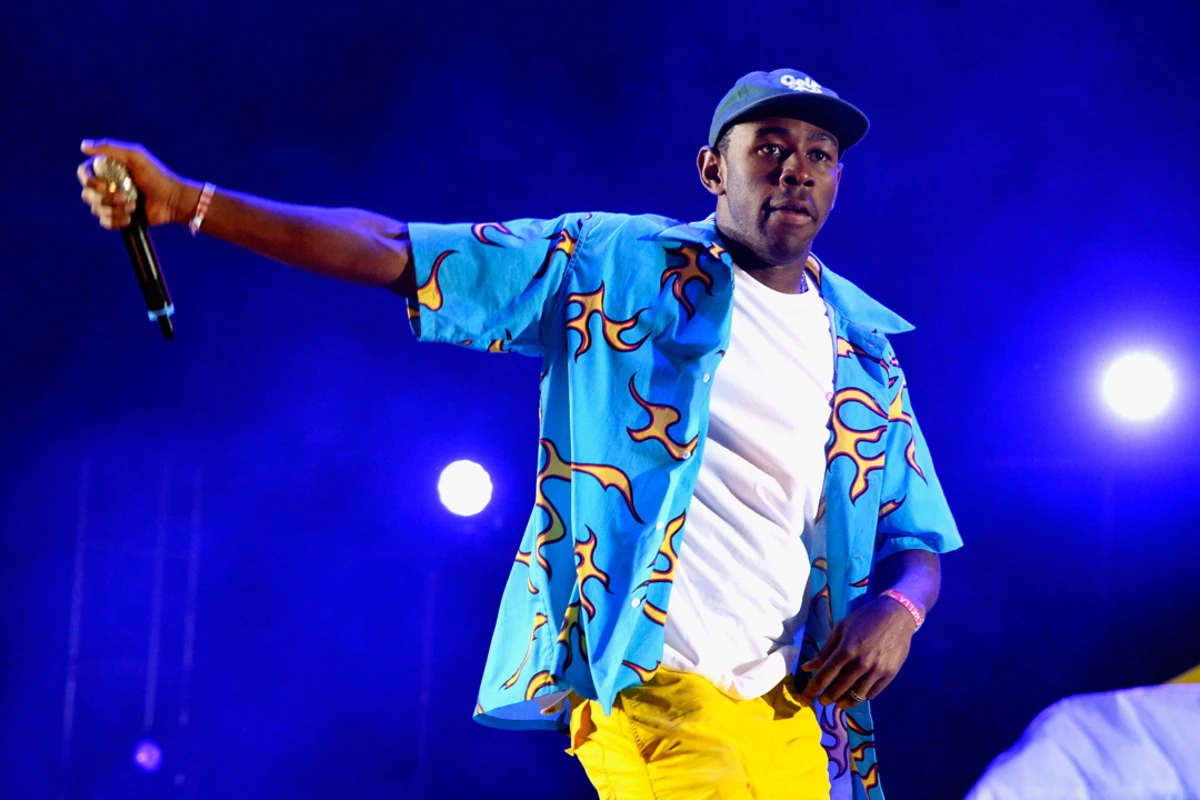

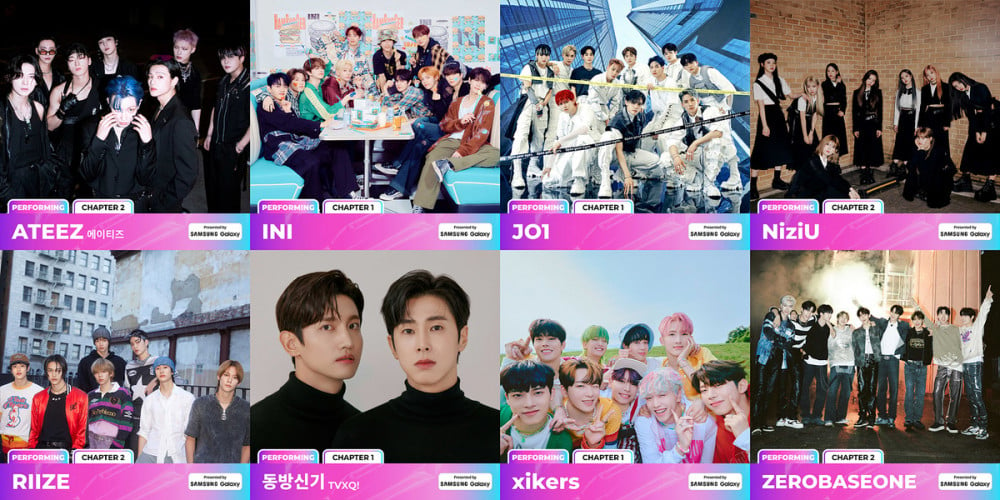
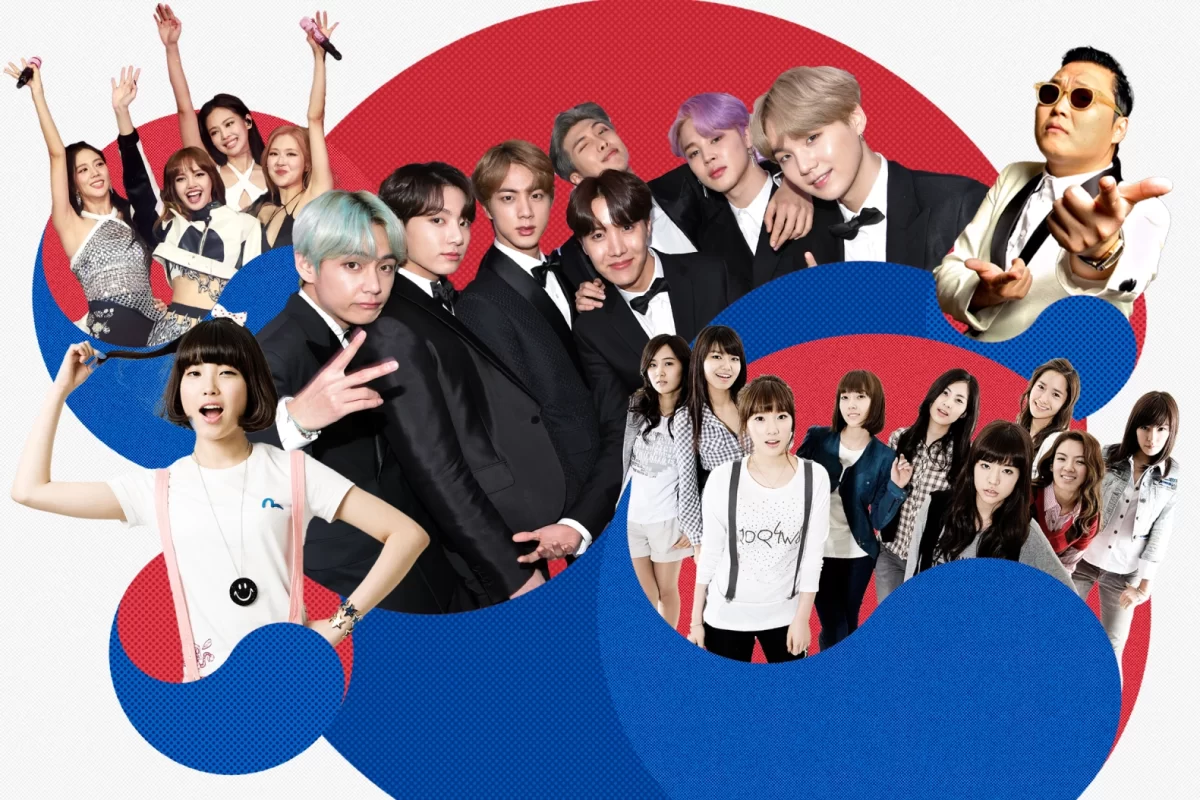
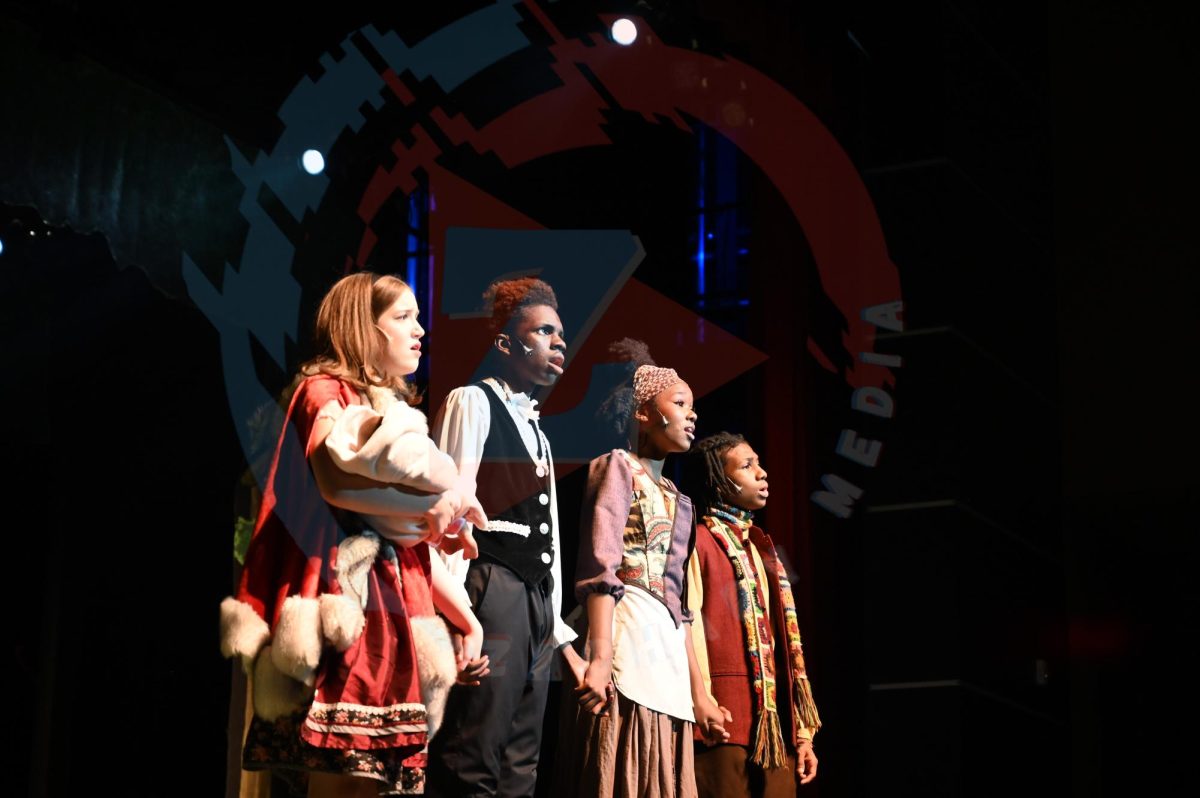

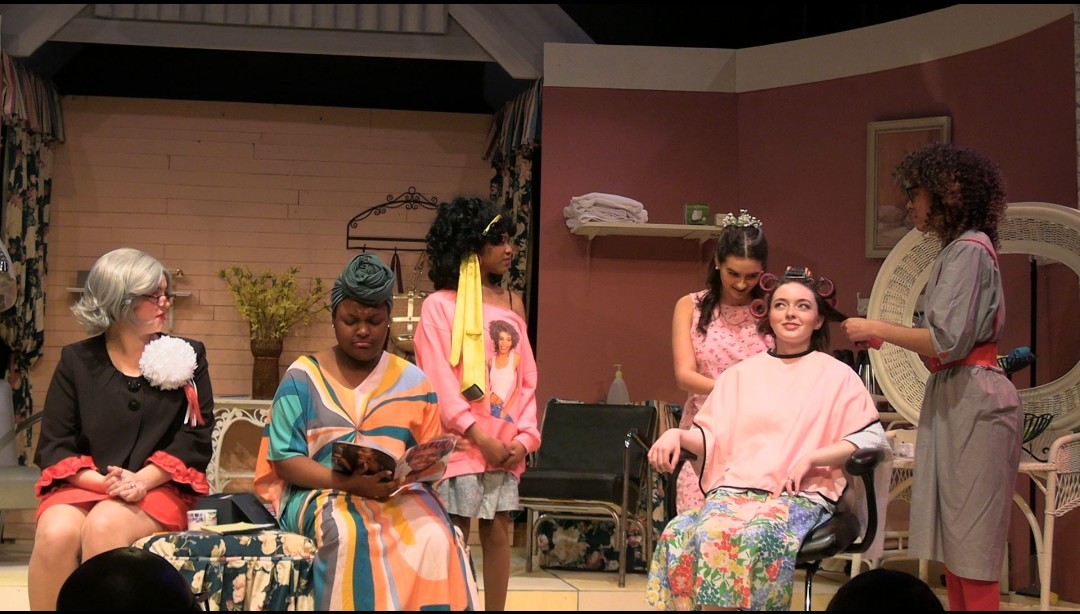
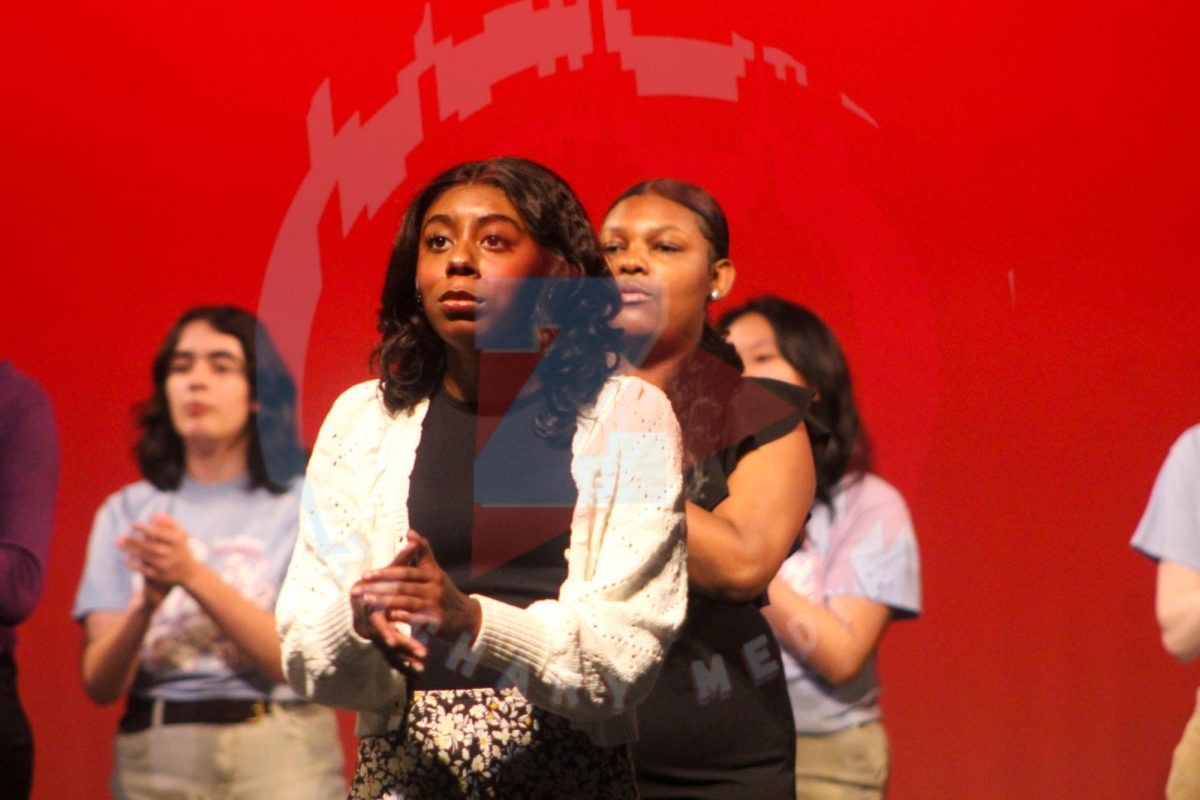
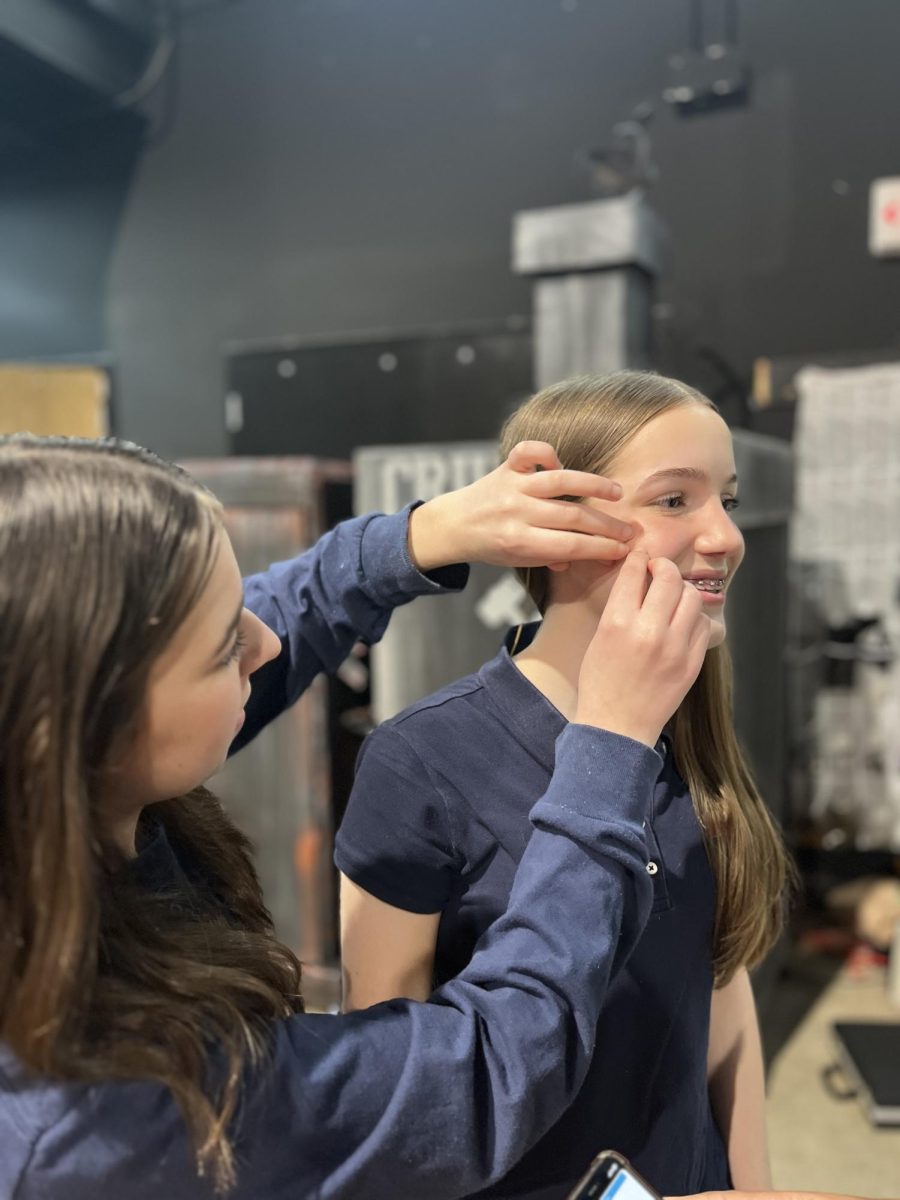
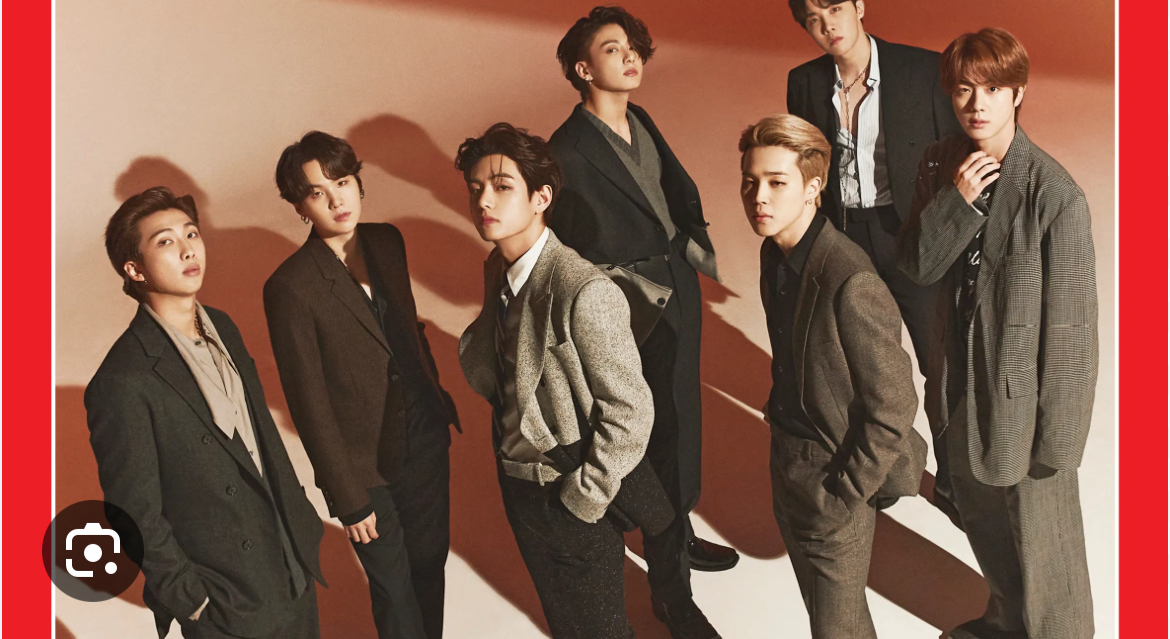
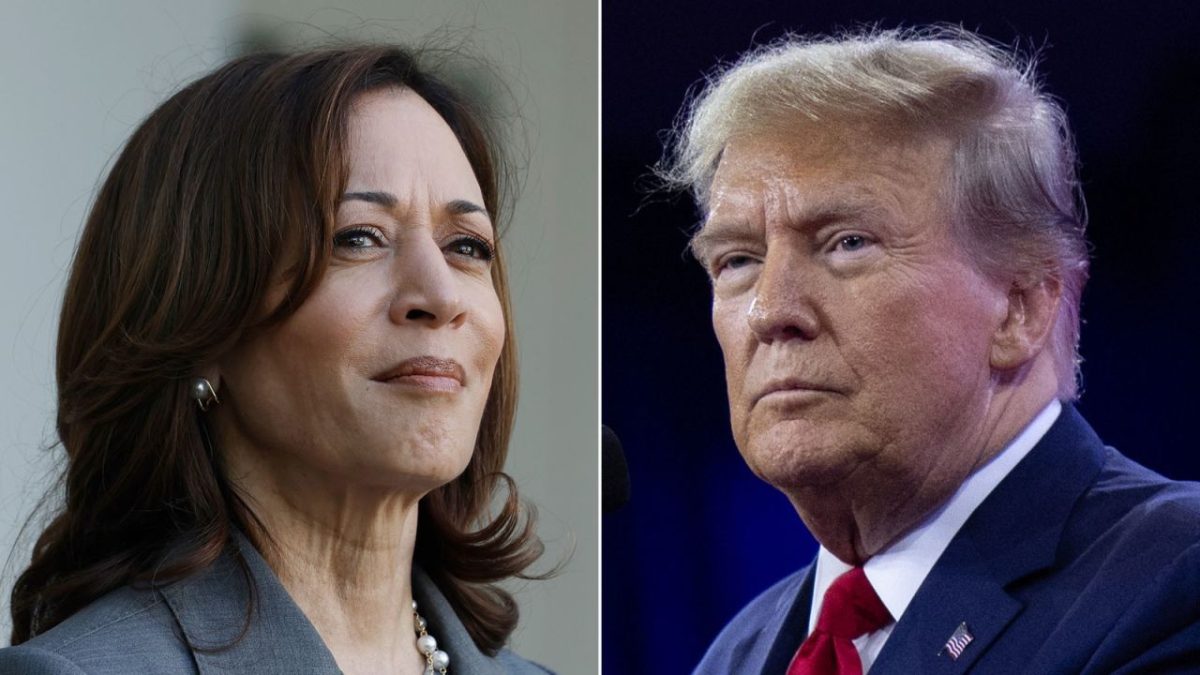
Marcy • Sep 26, 2023 at 9:34 pm
Informative and interesting! Thanks for a great read on a very current topic.
Alyvia Pierson • Sep 27, 2023 at 11:36 am
Thank you so much!
Jessica Sloan • Sep 26, 2023 at 7:28 pm
I love this!!!! Great article! I agree 100000% that someone not in the kpop fandom will have such a had time understanding why we love it so much. My daughter was the one who got me into kpop. Stray kids to be exact! She is a kpop dancer and we love it! Love that you shared some terms with the non kpop people. This was so cute! I’m going to share this with my other kpop friends. I teach at CME! Lets kpop talk one day!
Alyvia Pierson • Sep 27, 2023 at 11:38 am
OMG! Thank you sooo much! I think i’ve seen you on Instagram; you and you’re daughter are killing it! I’m always down to talk K-pop; hit me up anytime! (my email is tagged in this article!)